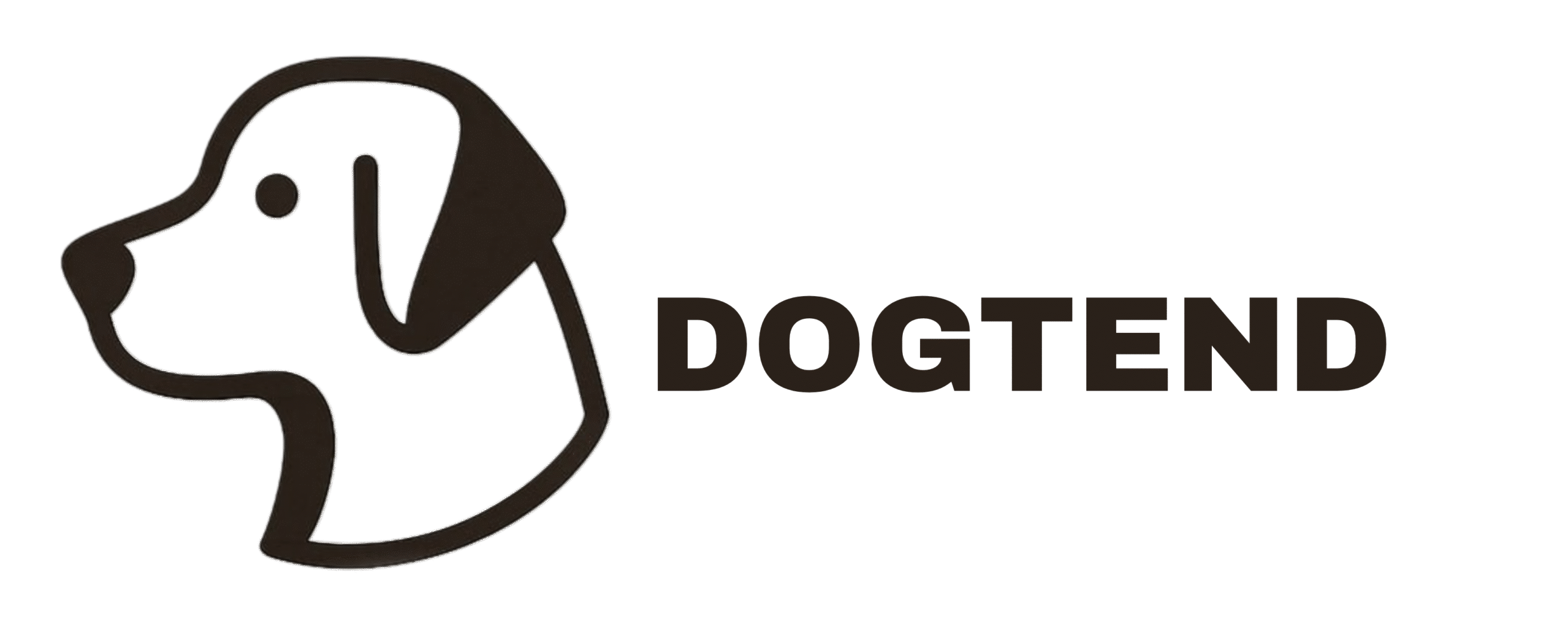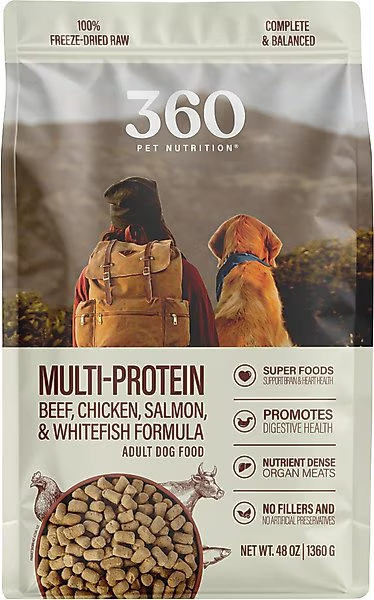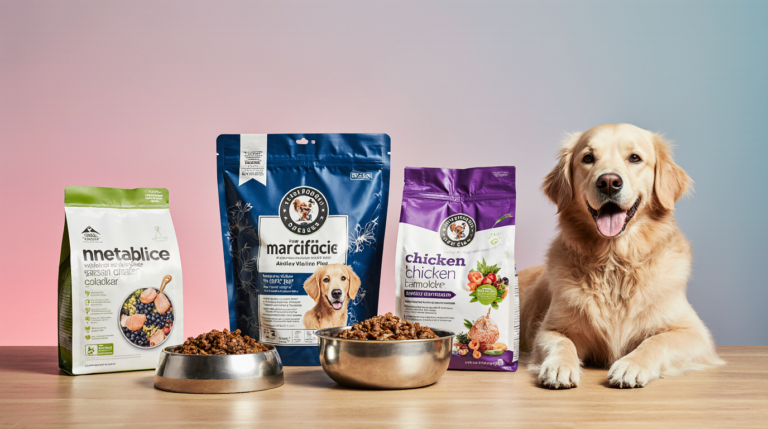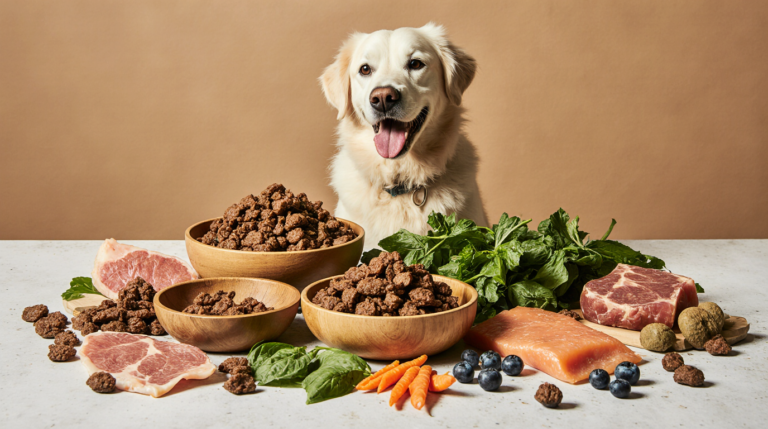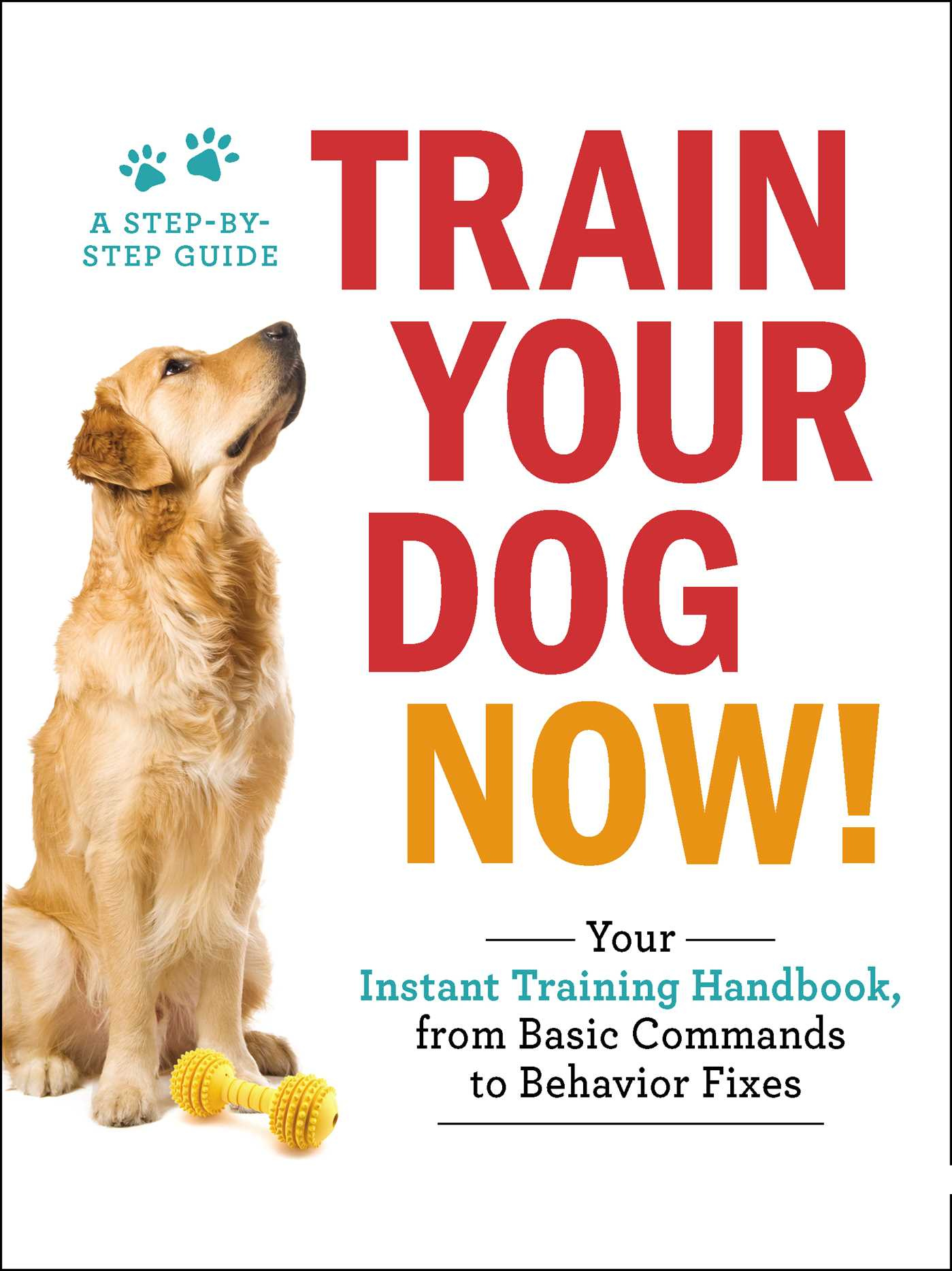dog food for rhodesian ridgebacks
The Ultimate Guide to Choosing the Best Dog Food for Rhodesian Ridgebacks
When you’re caring for a magnificent Rhodesian Ridgeback, selecting the right dog food for Rhodesian Ridgebacks becomes one of your most crucial decisions. These athletic, powerful hounds require specialized nutrition to support their unique physiology and energy demands. Your ridgeback’s health, longevity, and performance depend heavily on the quality of nutrition you provide.
dog food for rhodesian ridgebacks :Rhodesian Ridgebacks, originally bred in Southern Africa for hunting lions, possess distinctive nutritional requirements that differ significantly from other breeds. Understanding these needs will help you make informed decisions about your companion’s dietary regimen, ensuring they maintain optimal health throughout their 10-12 year lifespan.
Quick Tips for Feeding Your Rhodesian Ridgeback 🐾
- Prioritize High-Quality Protein: Choose dog food with real meat (chicken, beef, or lamb) as the first ingredient to support muscle health.
- Mind the Fat Content: Active Ridgebacks do well with 12–18% fat for sustained energy, while less active dogs may need slightly less.
- If your Rhodesian Ridgeback is a high-energy dog that spends hours outdoors running, hiking, or playing, select a premium formula with a fat content of 15–18%. This ensures they receive the sustained energy needed to fuel their active lifestyle without depleting muscle reserves.
- Go for Large-Breed Formulas: These contain the right nutrient balance to support joint health and prevent rapid growth in puppies.
- Watch Portion Sizes: Overfeeding can lead to obesity and bloat — two common health concerns for this breed.
- Avoid Fillers: Steer clear of foods with excessive corn, soy, or wheat, which can trigger sensitivities.
- Add Omega-3s: Look for fish oil or flaxseed to maintain a shiny coat and healthy skin.
- Consider Grain-Free Only If Needed: Unless your dog has allergies, whole grains can be beneficial.
- Regular Vet Check-Ins: Adjust your Ridgeback’s diet based on age, weight, and activity level.
💡 Pro Tip: Always transition to new dog food gradually over 7–10 days to avoid digestive upset.
Top-Rated Dog Food Options for Rhodesian Ridgebacks
Premium Dry Food Selections
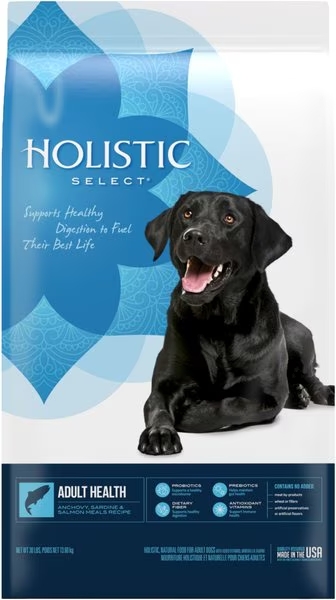
Holistic Select Adult Health Anchovy, Sardine & Salmon Meals Recipe Dry Dog Food, 30-lb bag
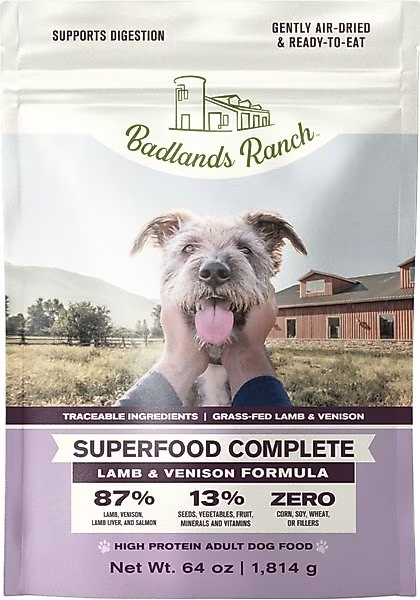
Badlands Ranch Superfood Complete Grain-Free Lamb & Venison Air-Dried Dog Food, 64-oz bag
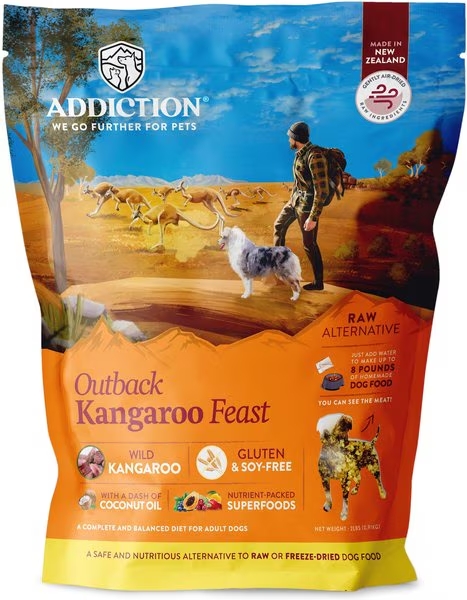
Addiction Grain-Free Outback Kangaroo Feast Limited Ingredient Allergy-Friendly Air-dried Dog Food, 2-lb box
Raw and Natural Options
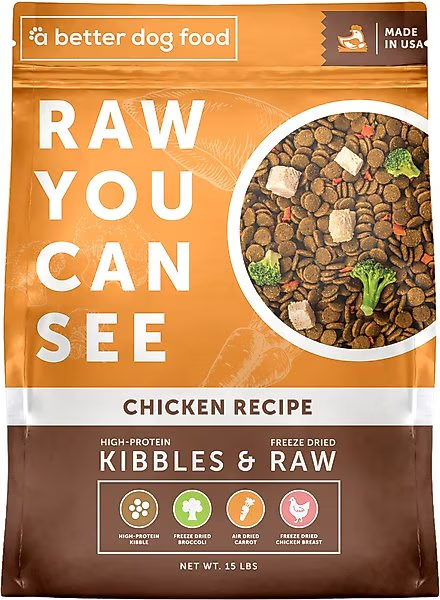
A Better Treat Raw You Can See Chicken Recipe High-Protein Kibble & Raw Freeze-Dried Dog Food, 15-lb bag
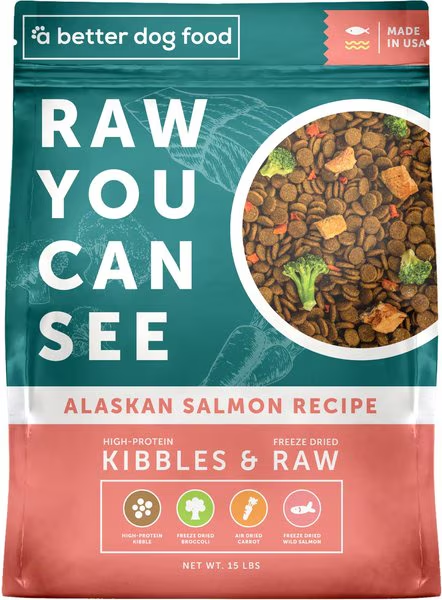
A Better Treat Raw You Can See Salmon Recipe High-Protein Kibble & Raw Freeze-Dried Dog Food, 15-lb bag
If you’re looking to enhance your pet care skills, explore our detailed guide on dog grooming courses to find the best training programs available.
Understanding Your Rhodesian Ridgeback’s Nutritional Foundation
The Athletic Heritage Factor
dog food for rhodesian ridgebacks: Your Rhodesian Ridgeback carries the genetic blueprint of an endurance athlete. These dogs were developed to track prey across vast African terrains, requiring sustained energy and exceptional stamina. This heritage translates into specific nutritional demands that you must address through careful food selection.
The breed’s muscular build and active nature mean your Ridgeback burns calories faster than many other dogs. Choosing the right dog food for Rhodesian Ridgebacks is essential, as their elevated protein requirements fuel muscle development and repair. Your dog’s metabolism operates at a high level, demanding consistent, high-quality nutrition to maintain peak condition.
Breed-Specific Health Considerations
dog food for rhodesian ridgebacks
Rhodesian Ridgebacks face certain health challenges that nutrition can help address:
- Hip Dysplasia: Joint health becomes paramount
- Dermoid Sinus: Skin condition requiring omega fatty acids
- Bloat Risk: Large chest cavity increases gastric torsion susceptibility
- Heart Conditions: Cardiac health support through targeted nutrition
Your dog food for Rhodesian Ridgebacks should specifically address these potential issues through ingredient selection and nutritional balance.
dog food for rhodesian ridgebacks: Essential Nutritional Components for Rhodesian Ridgebacks
Protein: The Foundation of Strength
dog food for rhodesian ridgebacks
Your ridgeback requires a minimum of 22-26% protein content in their diet, though active dogs may benefit from even higher percentages. Quality protein sources provide the amino acids necessary for:
- Muscle development and maintenance
- Immune system function
- Coat health and shine
- Energy production
- Tissue repair
Premium protein sources include deboned chicken, salmon, turkey, lamb, and beef. Avoid foods listing generic “meat meal” or “by-products” as primary ingredients.
Fats: Energy and Coat Health
Healthy fats should comprise 12-16% of your ridgeback’s diet. These provide:
- Concentrated energy for active lifestyles
- Essential fatty acids for skin and coat
- Absorption of fat-soluble vitamins
- Brain and eye development support
Omega-3 and omega-6 fatty acids are particularly beneficial for ridgebacks, supporting joint health and reducing inflammation.
Carbohydrates: Sustained Energy Release
While not essential, quality carbohydrates provide sustained energy and fiber. Look for:
- Sweet potatoes
- Brown rice
- Quinoa
- Peas
- Chickpeas
Avoid foods heavy in corn, wheat, or soy, as these may trigger allergies in sensitive ridgebacks.
Not sure if dates are safe for your pet? Read our complete article on can dogs eat dates for expert advice.
dog food for rhodesian ridgebacks: Life Stage Nutrition for Rhodesian Ridgebacks
Puppy Stage (2-18 months)
Growing ridgeback puppies have extraordinary nutritional demands. Your puppy requires:
| Nutrient | Percentage | Benefits |
| Protein | 26-28% | Supports rapid growth |
| Fat | 15-17% | Brain development |
| Calcium | 1.0-1.8% | Bone formation |
| Phosphorus | 0.8-1.6% | Skeletal development |
Key considerations for puppy nutrition:
- Feed 3-4 times daily until 6 months
- Transition to adult food around 12-18 months
- Monitor growth rate to prevent developmental issues
- Choose large-breed specific formulas
Adult Stage (18 months – 7 years)
Adult ridgebacks need balanced nutrition to maintain their athletic condition. Your adult dog benefits from:
- Protein: 22-25% for muscle maintenance
- Fat: 12-15% for sustained energy
- Controlled calories: Prevent weight gain
- Joint support ingredients: Glucosamine and chondroitin
Senior Stage (7+ years)
Aging ridgebacks require adjusted nutrition to support their changing needs:
- Reduced calories to match decreased activity
- Increased fiber for digestive health
- Enhanced joint support supplements
- Antioxidants for cognitive function
- Easily digestible proteins
Top-Rated Dog Food Options for Rhodesian Ridgebacks – Best Dog Food for Rhodesian Ridgebacks
Feeding Guidelines and Portion Control
Daily Feeding Amounts
Your ridgeback’s feeding requirements depend on several factors:
Adult Feeding Chart:
| Weight Range | Daily Amount | Meals per Day |
| 70-85 lbs | 3-4 cups | 2 |
| 85-100 lbs | 4-5 cups | 2 |
| 100+ lbs | 5-6 cups | 2-3 |
Adapt serving sizes to your dog’s age, level of activity, and physical state.
Feeding Schedule Recommendations
Morning Feeding (40% of daily intake):
- Serve 1-2 hours before exercise
- Allow proper digestion time
- Monitor for bloat symptoms
Evening Feeding (60% of daily intake):
- Feed after exercise and cooling down
- Provide the larger portion for overnight recovery
- Ensure 2-3 hours before bedtime
dog food for rhodesian ridgebacks :Common Nutritional Challenges and Solutions
Managing Food Allergies
Rhodesian Ridgebacks can develop sensitivities to common ingredients. Watch for:
- Skin irritation or excessive scratching
- Digestive upset or loose stools
- Ear infections
- Excessive licking or chewing
Solution: Implement an elimination diet using novel proteins like venison, duck, or fish.
Preventing Bloat
Your ridgeback’s deep chest increases bloat risk. Prevention strategies include:
- Feeding smaller, frequent meals
- Using slow-feeder bowls
- Avoiding exercise immediately after meals
- Elevating food bowls slightly
Weight Management
Maintaining a healthy weight helps avoid health issues and joint stress:
- Ideal body condition: Visible waist when viewed from above
- Rib check: Ribs easily felt but not visible
- Regular monitoring: Weekly weight checks
Supplement Considerations
Joint Health Support
Given the breed’s predisposition to hip dysplasia, consider supplements containing:
- Glucosamine: Cartilage building blocks
- Chondroitin: Joint lubrication support
- MSM: Anti-inflammatory properties
- Omega-3 fatty acids: Reduces joint inflammation
Skin and Coat Enhancement
For ridgebacks with dermoid sinus concerns:
- Fish oil supplements: Omega-3 fatty acids
- Vitamin E: Antioxidant protection
- Zinc: Skin health support
- Biotin: Coat quality improvement
Transitioning to New Dog Food
dog food for rhodesian ridgebacks
When changing your ridgeback’s diet, gradual transition prevents digestive upset:
Week 1: 75% old food + 25% new food Week 2: 50% old food + 50% new food
Week 3: 25% old food + 75% new food Week 4: 100% new food
Throughout the transition, keep an eye on your dog’s reaction and keep an eye out for any negative reactions.
Red Flags: Ingredients to Avoid
dog food for rhodesian ridgebacks
Your dog food for Rhodesian Ridgebacks should never contain:
- BHA, BHT, Ethoxyquin: Chemical preservatives
- Corn syrup: Unnecessary sugar
- Artificial colors: No nutritional value
- Generic meat meals: Quality concerns
- Excessive fillers: Corn, wheat gluten
- Propylene glycol: Potentially harmful additive
Budget-Friendly Quality Options
Premium nutrition doesn’t always require premium prices. Consider these value options:
dog food for rhodesian ridgebacks
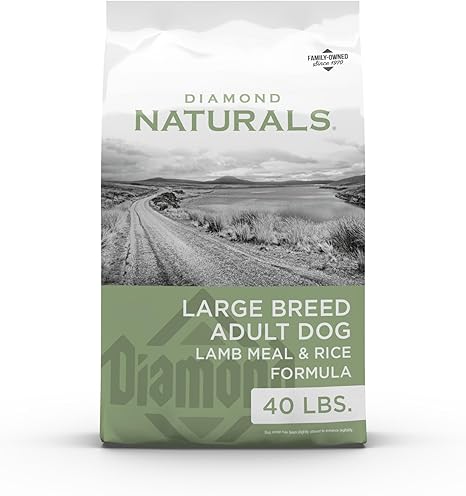
Diamond Naturals Large Breed Adult Provides quality protein from cage-free chicken with probiotics for digestive health.
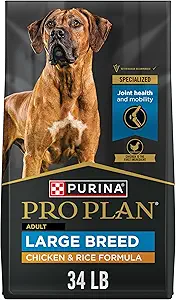
Purina Pro Plan Large Breed Veterinarian-recommended with guaranteed live probiotics and optimal protein-to-fat ratios.
Homemade Diet Considerations
dog food for rhodesian ridgebacks
Some ridgeback owners prefer preparing homemade meals. If you choose this route:
Essential Components
- Protein source: 40-50% of meal
- Vegetables: 25-30% of meal
- Carbohydrates: 20-25% of meal
- Supplements: Calcium, vitamins, minerals
Professional Guidance Required
dog food for rhodesian ridgebacks
Consult with a veterinary nutritionist to ensure balanced nutrition and prevent deficiencies.
Key Takeaways
- Quality protein forms the foundation of your ridgeback’s nutrition
- Life stage feeding ensures appropriate nutritional support
- Portion control prevents obesity and related health issues
- Gradual transitions minimize digestive disruption
- Breed-specific needs require specialized consideration
- Regular monitoring helps maintain optimal health
dog food for rhodesian ridgebacks: Frequently Asked Questions
Q: What is the recommended amount of food for a Rhodesian Ridgeback puppy? A: Puppies require 4-6 cups daily divided into 3-4 meals, adjusting based on growth rate and body condition.
Q: Can Rhodesian Ridgebacks eat grain-free diets? A: While possible, recent research suggests potential links between grain-free diets and heart conditions. Consult your veterinarian before making this choice.
Q: What’s the best protein source for ridgebacks? A: Complete amino acid profiles that are perfect for the breed are provided by premium animal proteins like as beef, lamb, salmon, and chicken.
Q: Should I elevate my ridgeback’s food bowl? A: Recent studies suggest elevated bowls may increase bloat risk. Ground-level feeding is currently recommended.
Q: How frequently should I feed my ridgeback? A: Stick with a quality food unless health issues arise or life stage changes require nutritional adjustments.
Q: Are raw diets safe for Rhodesian Ridgebacks? A: Raw diets can be beneficial but require careful handling and balanced formulation. Consult your veterinarian before transitioning.
Conclusion – Give Your Rhodesian Ridgeback the Nutrition They Deserve
Selecting the optimal dog food for Rhodesian Ridgebacks requires understanding their unique nutritional needs, life stage requirements, and breed-specific health considerations. By prioritizing high-quality protein, balanced fat levels, and essential nutrients, you set the foundation for a long, healthy, and active life.
Quick Recap of Key Guidelines:
- ✅ Choose protein-rich formulas (at least 25%) to support muscle development and maintenance.
- ✅ Maintain appropriate fat content (12–18%) based on activity level for sustained energy.
- ✅ Include joint-supporting ingredients like glucosamine and chondroitin.
- ✅ Avoid fillers, artificial additives, and low-quality by-products.
- ✅ Adjust portions according to life stage, weight, and activity level.
Editor’s Top Pick for Rhodesian Ridgebacks:
⭐ [Insert Product Name – e.g., Orijen Regional Red Dry Dog Food] – Praised for its biologically appropriate ingredients, high protein content, and rich blend of essential nutrients for active large breeds.
Your Ridgeback’s nutrition is an investment in their health, happiness, and longevity. The choices you make today directly shape their quality of life tomorrow.
📌 Action Steps:
- Check your dog’s current diet against the aforementioned recommendations.
- Consider transitioning to one of the premium options recommended in this guide.
- Monitor their weight, coat condition, and energy levels regularly.
For ongoing nutrition tips and breed-specific advice, bookmark this guide and share it with fellow Rhodesian Ridgeback owners who want the best for their dogs.
